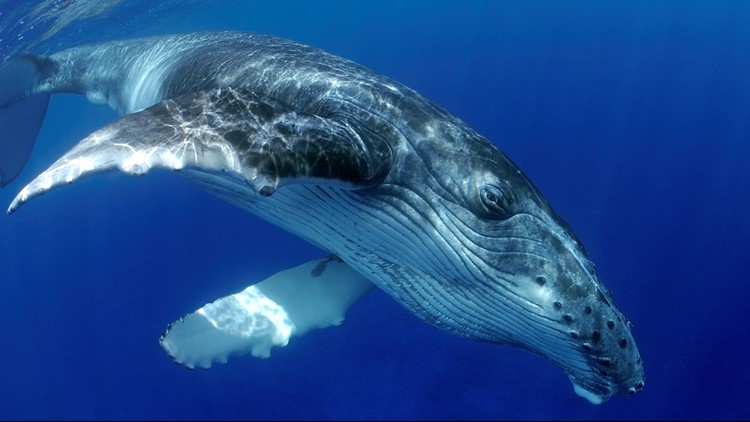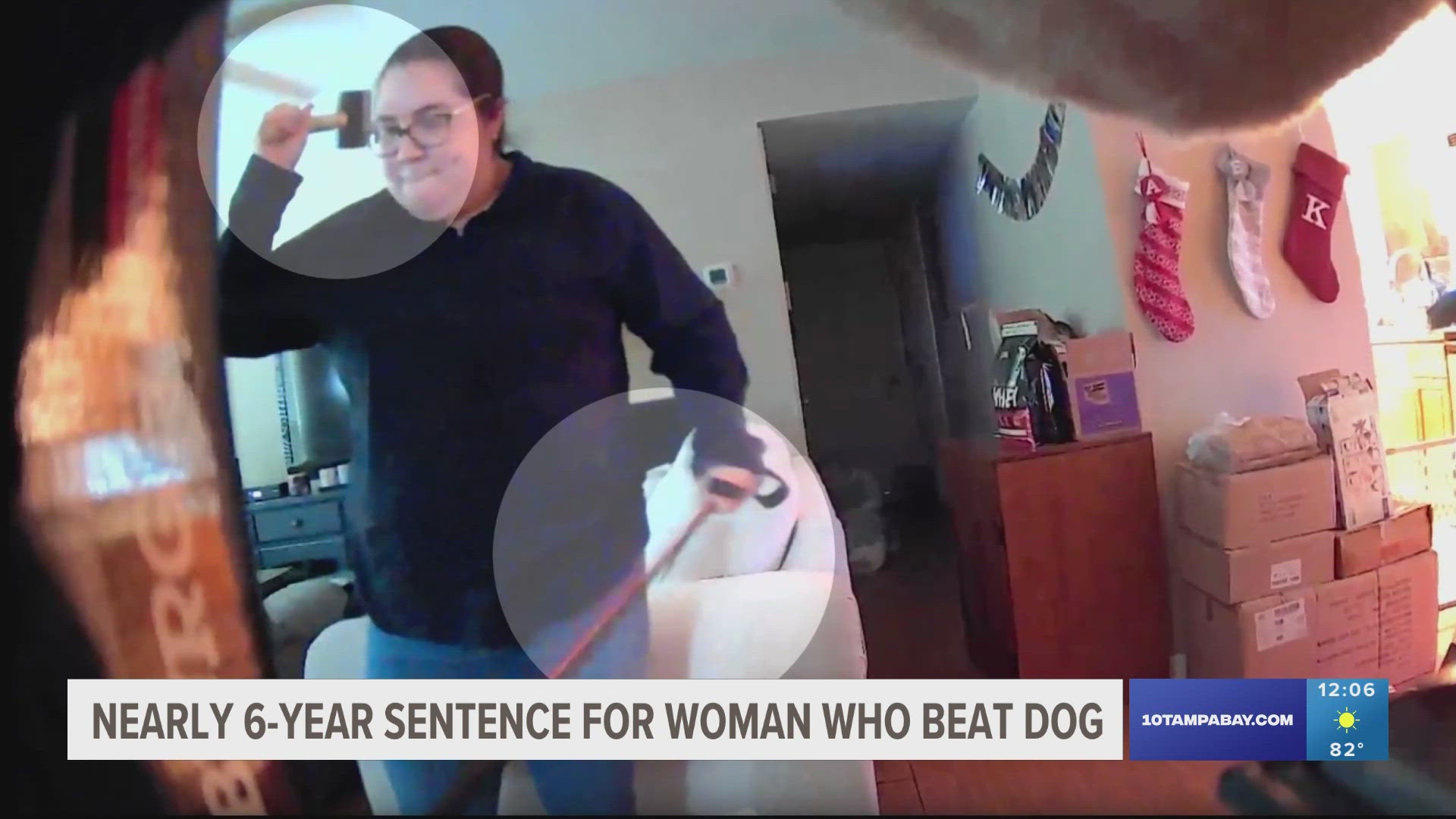The air we breathe of full of little gifts, including byproducts of whale poop.
Whale poop helps freshen our air, National Geographic explained as part of its “Today I Learned” video series.
“Every time you breathe, you need to be grateful to whale poop,” Asha de Vos explains in the video. “We need their poop to keep our oceans alive.”
De Vos said whales dive to the depths of the oceans to feed, and when they come back to the surface to breathe, they also excrete waste. This poop becomes food for microscopic plants called phytoplankton. These microorganisms use the whale poop, which is rich in iron and nitrogen, to photosynthesize and produce oxygen.
The ocean, in turn, produces at least 50 percent of the oxygen we breathe around the world.
More whales mean more phytoplankton to feed on their poop, which means better air for us to breathe.
De Vos calls whales “ecosystem engineers” because of their importance to the oceans’ ecosystems and those affected by the oceans around the world.
“Every time you breathe, you really have to thank those whales...and whale poop,” De Vos said.
Some other gifts in the air we breathe include molecules from Julius Caesar’s last breath more than 2,000 years ago. NPR wrote about the classic teaching tool in 2006: When Caesar exhaled his final breath in 44 BC, he released an enormous amount of mostly nitrogen and carbon dioxide molecules.
Researchers claimed that some of these molecules were absorbed by plants, animals and water. But a large portion would spread themselves all around the world “in a pattern so predictable that...if you take a deep breath right now, at least one of the molecules entering your lungs literally came from Caesar’s last breath.”
►Make it easy to keep up-to-date with more stories like this. Download the 10News app now.
Have a news tip? Email desk@wtsp.com, or visit our Facebook page or Twitter feed.



